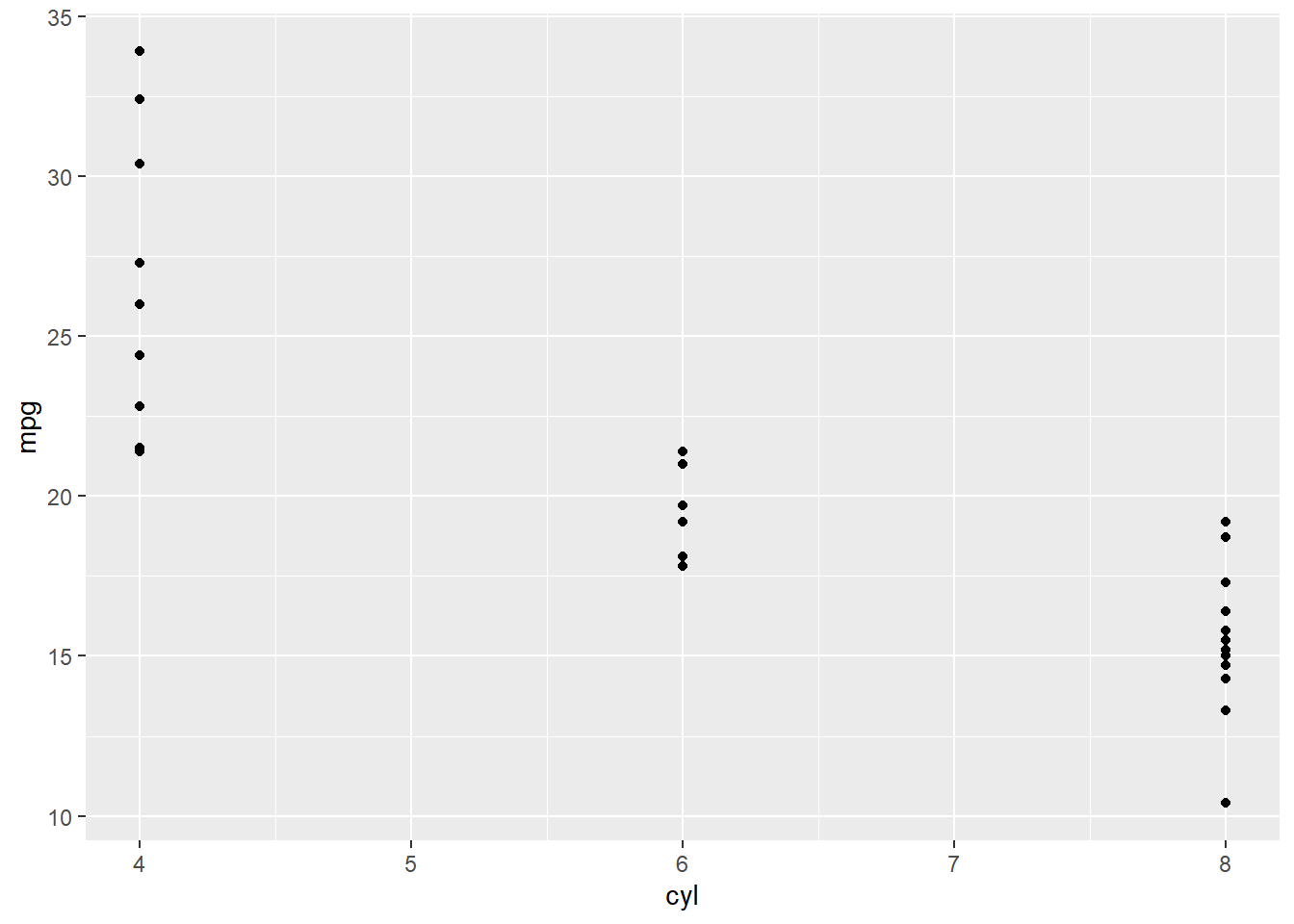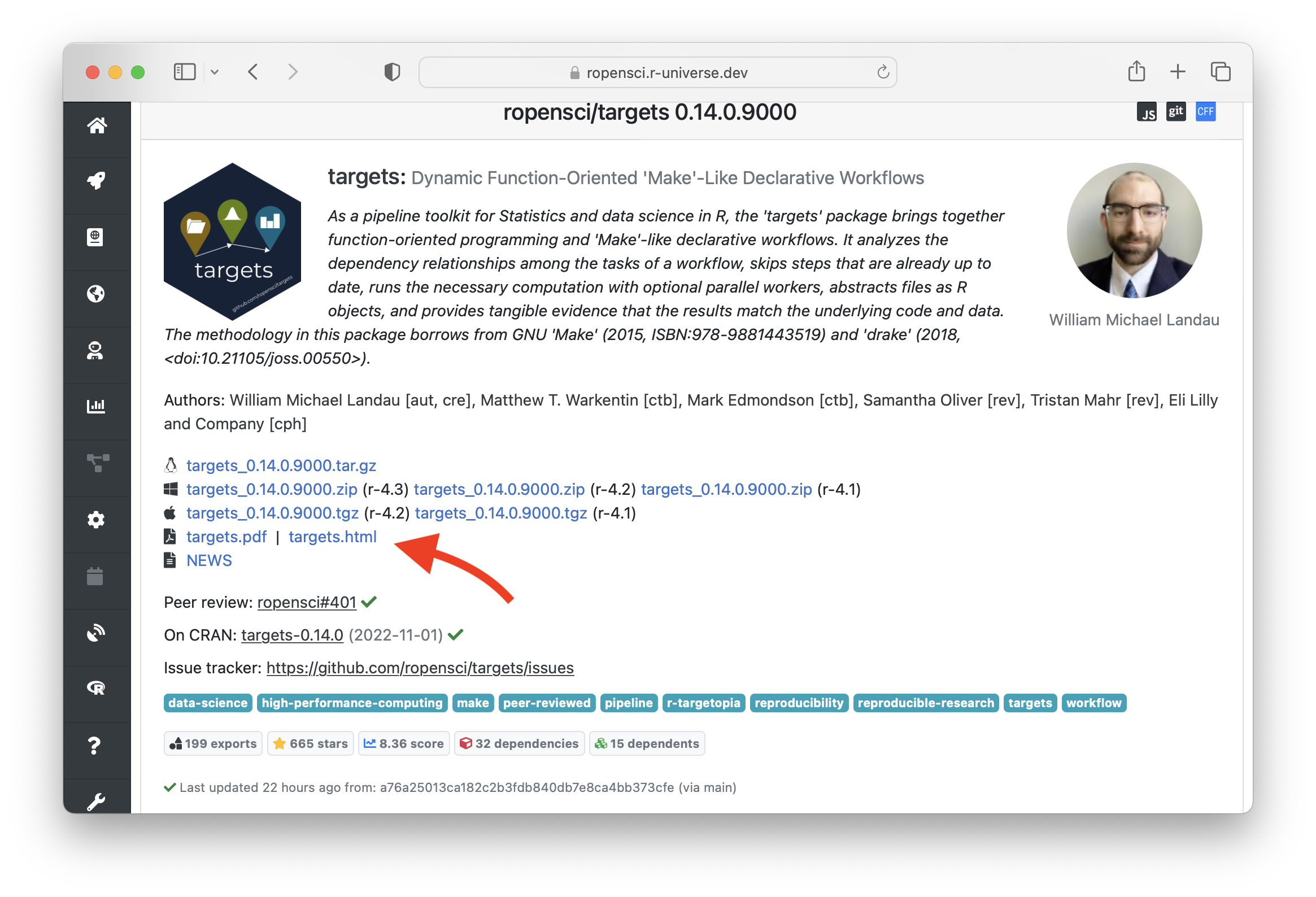
I really enjoy using targets for all of my data analysis projects, especially because it helps me structure all of the projects nicely in the same folder.For targets projects, I often produce several figures using ggplot2.However, there are no formal recommendations for saving ggplot2 objects (as opposed to static images) in a targets workflow.


